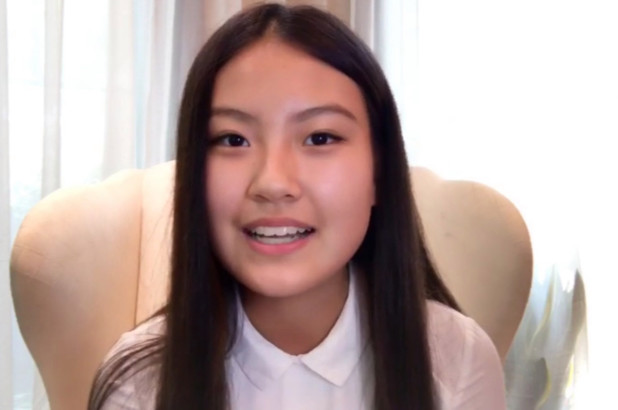When she paid $6.5 million to an apparent college counselor on April 21, 2017 — three weeks after her daughter’s acceptance to Stanford — Yusi Zhao’s mother Xiaohong believed she had made a donation to the University, her lawyer Vincent Law stated on Thursday.
Instead, Xiaohong had sealed her fate as one of over 50 people involved in the largest college admissions scandal ever prosecuted by the U.S. Department of Justice. Yusi’s expulsion from Stanford was announced in a University press release on April 2, just weeks after the scandal was made public on March 12.
Xiaohong’s husband and Yusi’s father, Tao Zhao, is chairman and co-founder of the multibillion-dollar pharmaceutical company Shandong Buchang, based in Heze, China. The company is “studying on [Tao’s] case,” according to SHINE, an online news source hosted by the Shanghai Daily.
Yusi has not responded to multiple requests for comment.
“In the beginning when the very first scandal came out about the different schools and stuff … [Yusi’s] reaction just seemed like anyone else’s,” said an individual close to Yusi who did not wish for their name to be disclosed. “I don’t think she reacted weirdly or unexpected.”
It is unclear whether Yusi was aware of her mother’s donation.
“I tested into Stanford through my own hard work,” Yusi said in a livestream video filmed in summer 2017, before she began her freshman year.
Yusi was expelled after the University discovered her application contained falsified sailing credentials linked to the payment. She moved out of her on-campus residence on March 30, according to sources familiar with the matter.
In the 2017 video, Yusi made no mention of sailing, but expressed her interest in equestrian. She also said she would not be paying Stanford’s full tuition to attend.
“Some people think, ‘Didn’t you get into Stanford because your family is rich,” Yusi said. “But actually … the admissions officers have no idea who you are. I have a scholarship. They are going to pay.”
The origin of the financial aid to which Yusi was referring is unclear. Financial aid assistant dean and director Karen Cooper wrote in an email to The Daily that she could not comment on the situations of individual students.
“All of the aid awarded by the university at the undergraduate level toward the cost of attendance is awarded based on financial need,” she added. “The exception is athletic aid, which of course is awarded by coaches based on athletic participation.”
The financial aid office’s website states that funds are disbursed to international students “based on their family financial circumstances.” In some situations — being an orphan or a ward, or having an “extremely adverse home situation” — students can be considered independent of their parents’ financial circumstances.
Xiaohong’s payment to college admissions scandal mastermind William “Rick” Singer is the largest known in the scandal, far surpassing the second-highest sum of $1.2 million paid by former Yale student Sherry Guo’s family. Guo was recruited to Yale as a purported soccer player, but never played a game for the team, and was expelled from the school after the scandal broke.
The Guo family’s lawyer, like Xiaohong’s, argues that Singer took advantage of Chinese families unfamiliar with the U.S. college admissions process. According to the New York Times, Xiaohong’s lawyer also stated that Singer “had not offered guaranteed admission” to Stanford or other schools.
Before her family’s payment to Singer, Yusi was admitted to Stanford not as a sailing recruit, but instead through the regular admissions process. Only $500,000 — less than a tenth of Xiaohong’s supposed donation — actually made its way to Stanford, paid by Singer to the University’s sailing program after she was admitted.
Yusi also said that she preferred the American university system more than the one in China — which matches students to colleges based off of their scores from The National College Entrance Examination — because of the more holistic approach to admissions.
On campus, Yusi was an East Asian Studies major interested in China’s international educational policy. She was a member of Stanford’s Forum for American-Chinese Exchange, and had planned to attend study abroad in Hong Kong through the Bing Overseas Studies Program in the fall.
“I could go back to China and help my country and the people next to me, the people not as lucky as me or those who don’t have the same opportunities as me,” she said in her video, referring to her postgraduate plans.
Tao also serves as a vice chairman of the China Overseas Chinese Entrepreneurs Association. He led a group of Chinese entrepreneurs to a June 2017 meeting with President Donald Trump to promote the Belt-and-Road Initiative, a sprawling Chinese overseas-investment project, the Wall Street Journal reported.
Elena Shao and Charlie Curnin contributed to this report.
Contact Holden Foreman at hs4man21 ‘at’ stanford.edu and Julia Ingram at jmingram ‘at’ stanford.edu.
